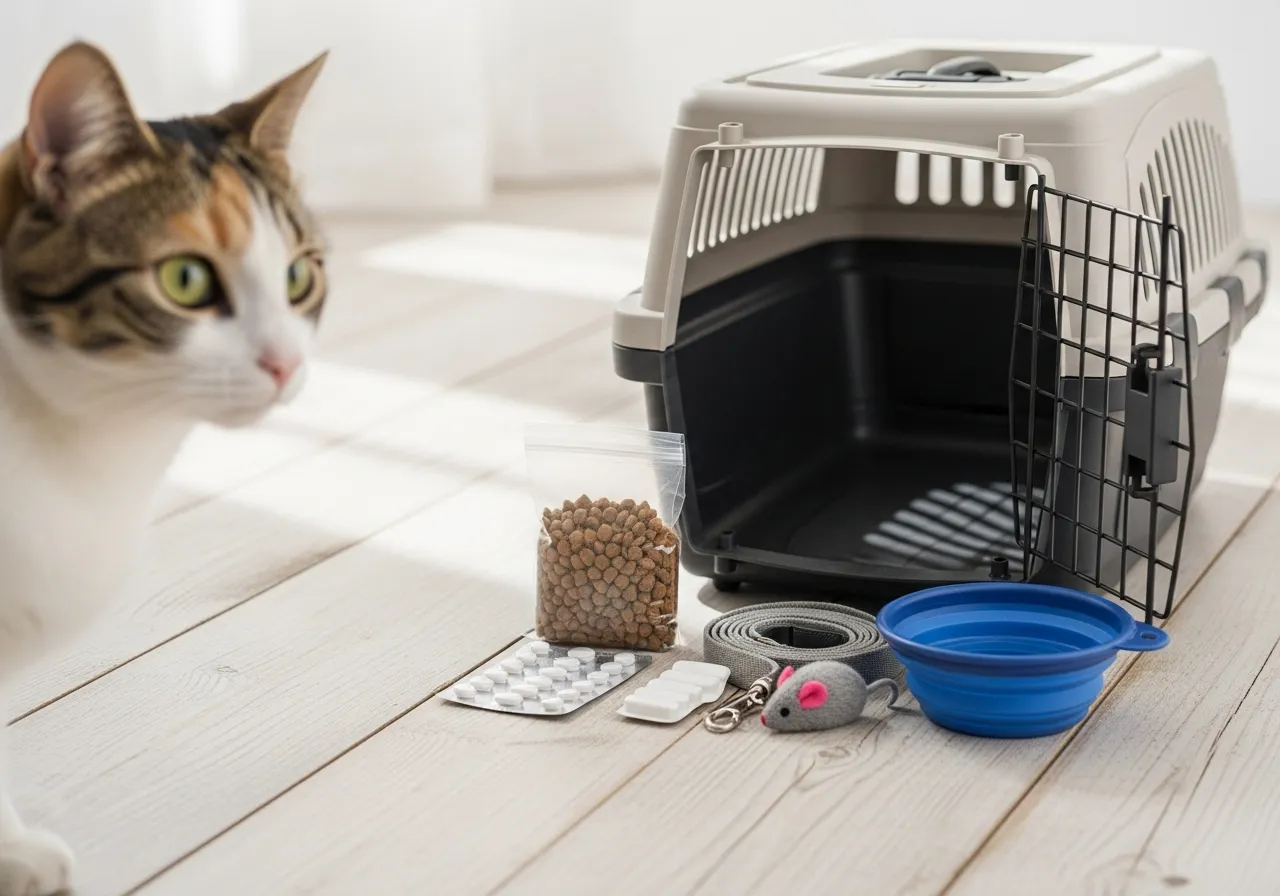
Before You Even Start the Car: The Foundation of Safe Pet Travel
The most critical part of any pet travel plan happens long before you pull out of the driveway. Laying a solid foundation of health, safety, and preparedness ensures you can handle whatever the road throws your way. Rushing this stage is a common pitfall that can lead to stress for both you and your pet. Taking the time to thoughtfully assess your pet’s needs and get your paperwork in order is the first step toward a truly stress-free adventure.
Is Your Pet a Good Candidate for Travel?
This is the most important and honest question to ask yourself. While we want to share every experience with our companions, not all pets are suited for the rigors of travel. Consider your pet’s individual personality and history. A confident, adaptable dog who loves new experiences will likely thrive. However, a pet with significant anxiety, noise phobias, or severe motion sickness may be much happier and safer staying home with a trusted sitter or at a reputable boarding facility.
Age and health are also major factors. Very young puppies who aren’t fully vaccinated or socialized may find a long trip overwhelming and risky. Senior pets, while often wonderful travel companions, may have special needs. They might require more frequent potty breaks, have mobility challenges getting in and out of the car, or need a quieter, more predictable environment. Recognizing and respecting your pet’s limits is the most compassionate choice you can make.
The Essential Veterinary Check-Up
A pre-trip visit to your veterinarian is non-negotiable. This is your opportunity to discuss your travel plans and ensure your pet is healthy enough for the journey. Your vet will confirm that all vaccinations are up-to-date, which is crucial as disease risks can vary by region. If you are crossing state lines, you may be required to carry a recent Certificate of Veterinary Inspection (CVI), also known as a health certificate. This document confirms your pet is free from contagious diseases. You can find general pet travel information and state-specific requirements from the USDA APHIS.
This visit is also the perfect time to discuss any travel-related health concerns. If your pet has a history of motion sickness, your vet can prescribe effective anti-nausea medication. For pets with mild travel anxiety, they might suggest calming supplements or prescription medications to make the journey more tolerable. Never give your pet any medication, human or otherwise, without explicit veterinary guidance. For comprehensive pet health information, you can always consult resources from the American Veterinary Medical Association (AVMA).
Microchips and ID Tags: Your Pet’s Ticket Home
Even the most well-behaved pet can get spooked and bolt in an unfamiliar environment. A secure collar with a clearly legible ID tag is your first line of defense. The tag should include your pet’s name, your phone number (with area code), and possibly a second emergency contact number. A microchip is a vital second layer of protection. This tiny implant provides a permanent form of identification if your pet’s collar is lost. However, a microchip is only as good as the information it’s linked to. Before you leave, log into your microchip provider’s website and confirm that your address and phone number are current. It’s a five-minute task that could make all the difference in a crisis.














